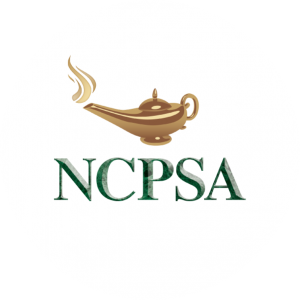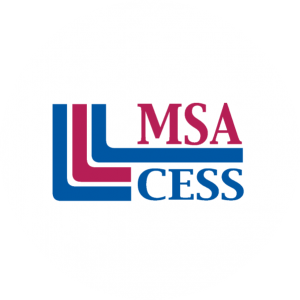By Melissa Lefevre, Online Program Teacher
Have you ever sat through a course—eyes glazed over as you are inundated with seemingly useless information—and thought, “how does this apply to me?” If you have, you are on to something. It is important to ask this question. Life is too short to sit idle and unengaged, dragging yourself through a course.
Humans are filled with passions, interests, and innate curiosity, which is why we are so drawn to learning. When a student takes a course because it is on the checklist of credits needed to graduate, the course may not be something they are passionate about, or it may not relate to their life. What if they could instead turn those unappealing courses into engaging learning experiences with the potential to spark the joy of lifelong learning?
In Clonlara’s Campus, Off-Campus, and Online Programs, we help each student find ways to connect and apply what they learn to their own life. When starting a new course, we encourage them to ask, “How does this material connect to my interests, passions, curiosities, and talents?” That is the starting place from which they can begin to find unifying threads between the subject matter and themselves.
How one connects course content to one’s life will vary for each individual. Let’s look at an example of how to turn the often-dreaded U.S. government course into a passion-filled, engaging journey.
“Sarah,” a fictional Clonlara student, is a dancer, loves animals, and is interested in becoming a lawyer just like her aunt. Here are three ways she can begin to connect the topic of “U.S. government” to her life and make the subject matter more engaging:
- Appeal to the dancer: Research ways in which the U.S. government supports and funds the arts, specifically dance. Then, explore any other questions that come to mind through that research: Are the arts in danger of losing funding? How can one get involved in advocating for the arts? How is art funded in public education?
- Appeal to the animal lover: Research how animals and their habitats are protected by the U.S. government. What are current government programs that protect animals and the environment? What are some of the current bills moving through Congress to protect animals? Follow one of the bills and check in on it periodically to see what happens with it. Or, get involved by going to a protest, helping an organization get signatures on a petition, or joining an animal rights advocacy group.
- Appeal to the lawyer: Sarah loves listening to her aunt talk about her job and thinks it sounds fascinating. What she may not realize is how closely related a profession in law is to her U.S. government course. She can start by going to a public trial and talking to her aunt about the process afterwards. This hands-on activity will not only be engaging but will also teach Sarah the vocabulary of the courtroom, the process of a trial, and give her an experience to relate to as she is reading about the federal court system and the various Supreme Court verdicts typically covered in a high school government course.
Too often, students enroll in a course they think they need for a grade, a credit, or for a parent but not for themselves. These students go through the material memorizing the information and retaining it long enough to take the exam. Then, they purge all the knowledge gained without ever truly committing it to memory or using it in real life application. What is the point of that?
With a little bit of brainstorming, it is easy to see how students like Sarah can create a situation where they are getting the most out of their education. Once they take charge of their learning, they never again have to drag themselves through another meaningless course.







